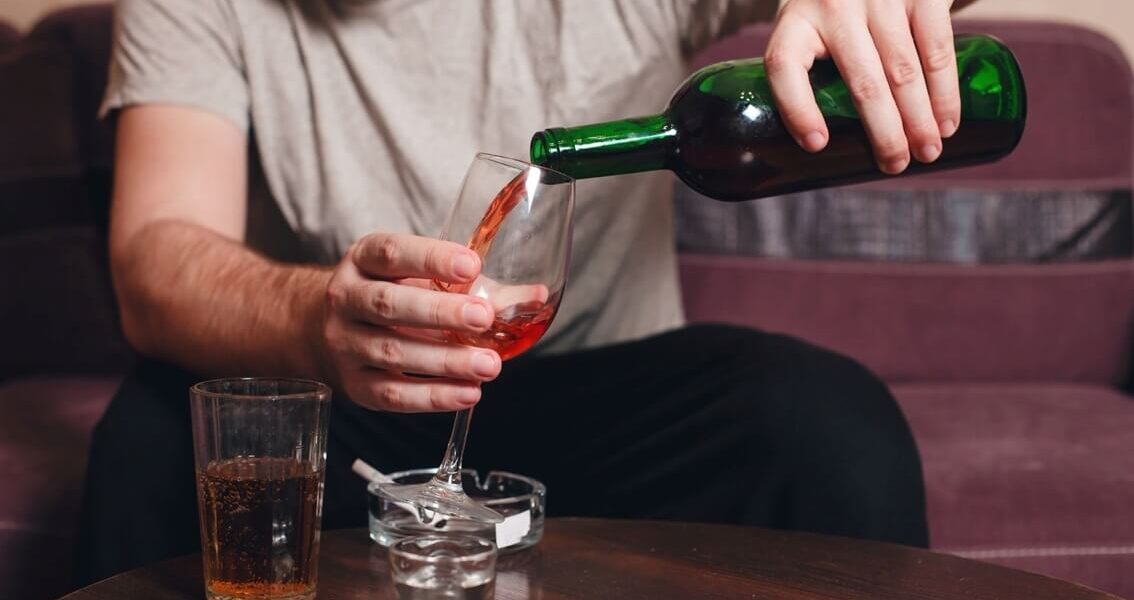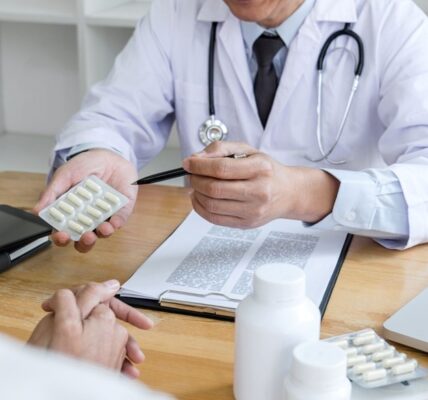Today, we’re going to talk about a question that many people have been asking themselves after weight loss surgery: can you drink alcohol? The answer is not so clear-cut. Some people believe that if they lose weight, they will be able to enjoy a glass of wine with dinner or two during social events. But before you start drinking again, it’s important for you to know the facts surrounding this issue.
In this article, we’ll discuss whether it is okay to drink alcohol after weight loss surgery.
Life After Weight Loss Surgery
Your dietitian will provide you with a nutrition plan to follow after you’ve had weight loss surgery in Maryland. During the first few weeks, you’ll be on a liquid diet before moving to soft or pureed foods. You can gradually eat regular-textured meals and begin your fitness workouts as your body adjusts to the size of your stomach.
After weight loss surgery, the best results come from a good diet and lifestyle changes. After weight loss surgery, combining alcohol with a healthy diet may well be harmful to your body. It is because, as you adjust to your new lifestyle, your body processes foods and beverages differently following surgery.
What Happens When You Drink Alcohol After Surgery?
Alcohol dehydrogenase is an enzyme that breaks down alcohol in the stomach lining. Since the stomach lining is drastically reduced after bariatric surgery, it is produced in smaller amounts. Because more alcohol enters the bloodstream as a result of the surgery, the effects of alcohol in your system will last considerably longer than in individuals who have not. It means you’ll be intoxicated for a long time, perhaps affecting how your brain reacts to alcohol.
What Impact Can Alcohol Have After Weight Loss Surgery?
The impact of alcohol on weight-loss surgery patients can be significant. Alcohol consumption after surgery can:
- Delay or impede healing from surgery.
- Cause nausea and vomiting, particularly if consumed before bedtime.
- Impair judgment and increase the risk of injuring oneself.
- Interfere with taking medications as prescribed.
- Promote overeating and weight gain.
- It decreases the effectiveness of bariatric surgery, requiring additional time to heal from surgery.
If you’re planning on going out for drinks after your gastric sleeve or gastric bypass procedure, talk with your doctor beforehand so that you both have an idea as to what kind of alcohol consumption is acceptable. You should also check with the foods to avoid after bariatric surgery. And even if your doctor says that it’s okay to drink, you must consider the potential risks and benefits of doing so.
To Conclude
With weight loss surgery coupled with moderate lifestyle changes and adequate aftercare, you can achieve long-term results for your weight loss objectives and overall health. Consult your surgeon on alcohol use in your specific case before filling your glass with alcoholic beverages.











